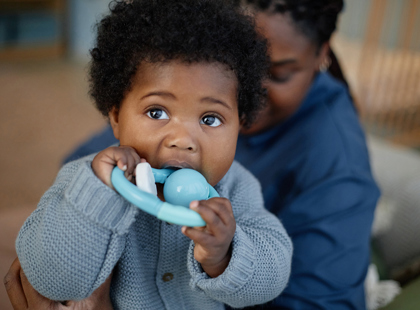
By Megan Schmidt. NP, Newport News Pediatrics
As teens with autism become adults, parents and caregivers can ease stress and build confidence by preparing and supporting them through this change. Successful transition planning can help ensure children and teens with autism receive the support and services they need as adults.
Start the conversation early.
When your child entered adolescence, you may have had a conversation about what they should expect and the new responsibilities they would be undertaking. As your teen prepares to enter adulthood, you might have a similar conversation about what’s next. This could include talking about daily living, healthcare, transitions after high school, and legal changes at age 18.
It’s important to begin medical transition planning at age 12. Your child can start speaking independently with their doctor, discussing the transition to adult care, and learning how to become an advocate for their own health.
Educational transition planning, or discussions about what’s next after high school, usually begins between the ages of 14 and 16, so teens can start learning the skills they need for their next stage of life. This will look different for everyone, but it could include plans to attend college or vocational school, or how to get a job.
Teens with autism may struggle with communicating, learning, and adapting to change. It's important to discuss your teen’s long-term plans with them early. Having an idea of the future can improve their confidence and chances of success.
Allow your teen to practice independence over time.
As children grow, they learn to do things with your help and eventually on their own as they become more independent. Some teens with autism go to college, start careers, and live on their own. Others may need more support into adulthood. This process will look different for everyone.
You know your teen’s abilities, and it can be a good idea to let them test their skills independently. You might also talk about managing a schedule, chores, or money and budgeting.
Your child’s doctor may recommend occupational therapy, which teaches skills to help someone live as independently as possible. These skills may include dressing, eating, and bathing. Physical therapy or sensory integration therapy can also improve physical skills or manage sensory input.
Prepare your teen for healthcare transitions.
Learning to take care of their own health is an important step for every teen. For teens with autism, knowing what to expect at a doctor’s appointment can make the transition easier. Prepare for appointments by discussing what questions they would like to ask. Encourage your teen to talk directly with their doctor and have them answer questions before you respond. Your teen may also be ready to see their doctor on their own.
Have your teen start carrying their own insurance card or install your health insurance app on their phone. Getting an ID is also an important step. At appointments, allow them to fill out their own paperwork with your help. Make sure they know any allergies they may have or medications they should not take.
Your child’s pediatrician can also offer specific advice on finding an adult healthcare provider.
Other things to consider.
Legal changes at age 18 will vary based on your family’s specific situation, but could include changes to SSI benefits, transitioning a 504 plan or IEP to a college setting, and new paperwork for insurance and healthcare. Your child’s school or pediatrician's office may be able to offer additional help as you navigate these changes.
Don’t forget to reach out to your support network as you navigate this new stage. Change can be hard, but being prepared can make the process a little easier.






